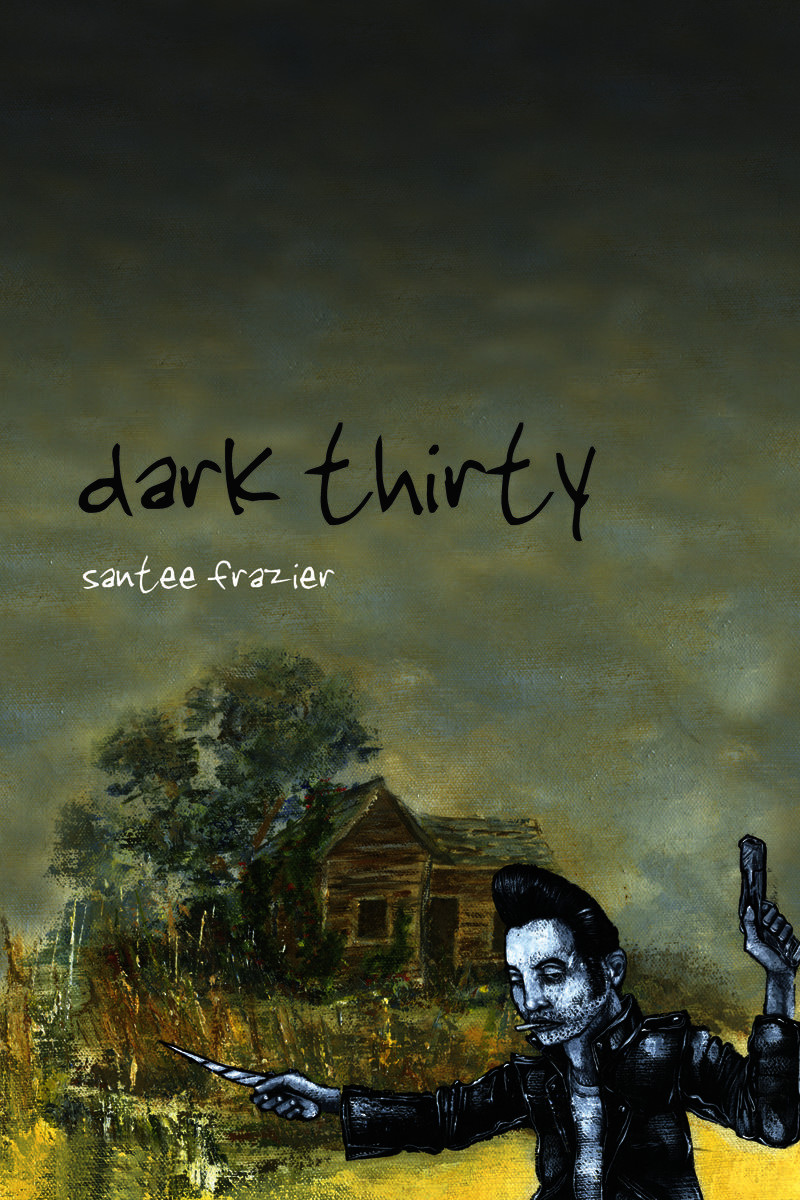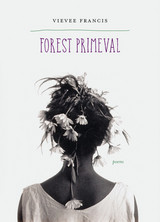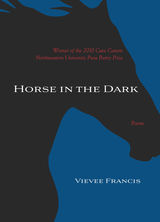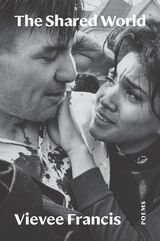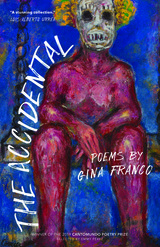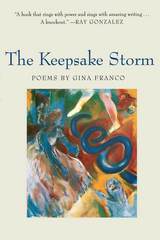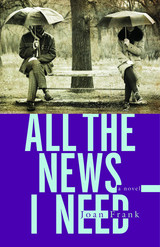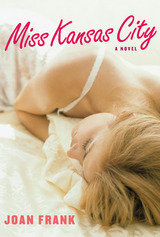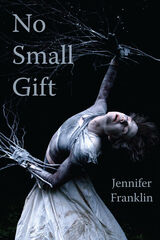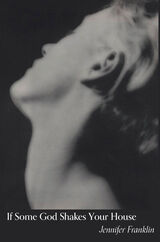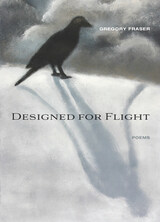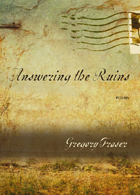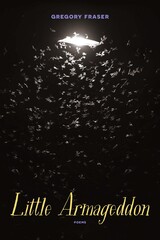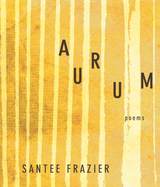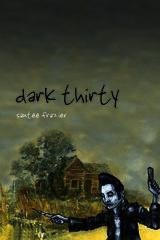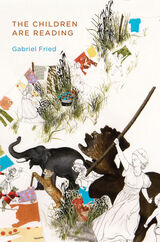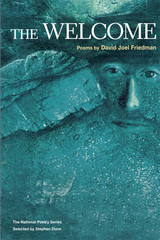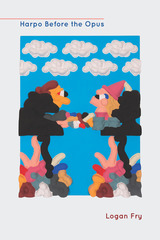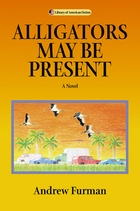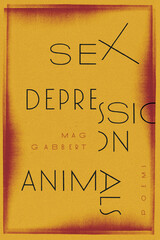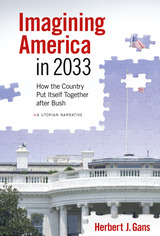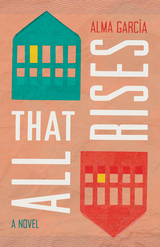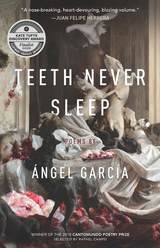Dark Thirty
University of Arizona Press, 2009
Paper: 978-0-8165-2814-1
Library of Congress Classification PS3606.R429D37 2009
Dewey Decimal Classification 811.6
Paper: 978-0-8165-2814-1
Library of Congress Classification PS3606.R429D37 2009
Dewey Decimal Classification 811.6
ABOUT THIS BOOK | AUTHOR BIOGRAPHY | REVIEWS | TOC
ABOUT THIS BOOK
Writing sometimes in dialect, sometimes in gunshot bursts, sometimes in sinuous lines that snake across the page, Santee Frazier crafts poems that are edgy and restless. The poems in Dark Thirty, Frazier’s debut collection, address subjects that are not often thought of as “poetic,” like poverty, alcoholism, cruelty, and homelessness. Frazier’s poems emerge from the darkest corners of experience: “I search the cabinet and icebox—drink the pickle juice / from the jar. Bologna, / hard at the edges, / browning on the kitchen / table since yesterday. / I search the cabinet and icebox—the curdling / milk almost smells drinkable.”
Dark Thirty takes us on a loosely autobiographical trip through Cherokee country, the backwoods towns and the big cities, giving us clear-eyed portraits of Native people surviving contemporary America. In Frazier’s world, there is no romanticizing of Native American life. Here cops knock on the door of a low-rent apartment after a neighbor has been stabbed. Here a poem’s narrator recalls firing a .38 pistol—“barrel glowing like oil in a gutter-puddle”—for the first time. Here a young man catches a Greyhound bus to Flagstaff after his ex-girlfriend tells him he has fathered a child. Yet even in the midst of violence and despair there is time for the beauty of the world to shine through: “The Cutlass rattling out / the last fumes of gas, engine stops, / the night dimly lit by the moon / hung over the treetops; / owls calling each other from / hilltop to valley bend.”
Like viewing photographs that repel us even as they draw us in, we are pulled into these poems. We’re compelled to turn the page and read the next poem. And the next. And each poem rewards us with a world freshly seen and remade for us of sound and image and voice.
Dark Thirty takes us on a loosely autobiographical trip through Cherokee country, the backwoods towns and the big cities, giving us clear-eyed portraits of Native people surviving contemporary America. In Frazier’s world, there is no romanticizing of Native American life. Here cops knock on the door of a low-rent apartment after a neighbor has been stabbed. Here a poem’s narrator recalls firing a .38 pistol—“barrel glowing like oil in a gutter-puddle”—for the first time. Here a young man catches a Greyhound bus to Flagstaff after his ex-girlfriend tells him he has fathered a child. Yet even in the midst of violence and despair there is time for the beauty of the world to shine through: “The Cutlass rattling out / the last fumes of gas, engine stops, / the night dimly lit by the moon / hung over the treetops; / owls calling each other from / hilltop to valley bend.”
Like viewing photographs that repel us even as they draw us in, we are pulled into these poems. We’re compelled to turn the page and read the next poem. And the next. And each poem rewards us with a world freshly seen and remade for us of sound and image and voice.
See other books on: Cherokee Indians | Frazier, Santee | Indians of North America | Native American | Poetry
See other titles from University of Arizona Press
